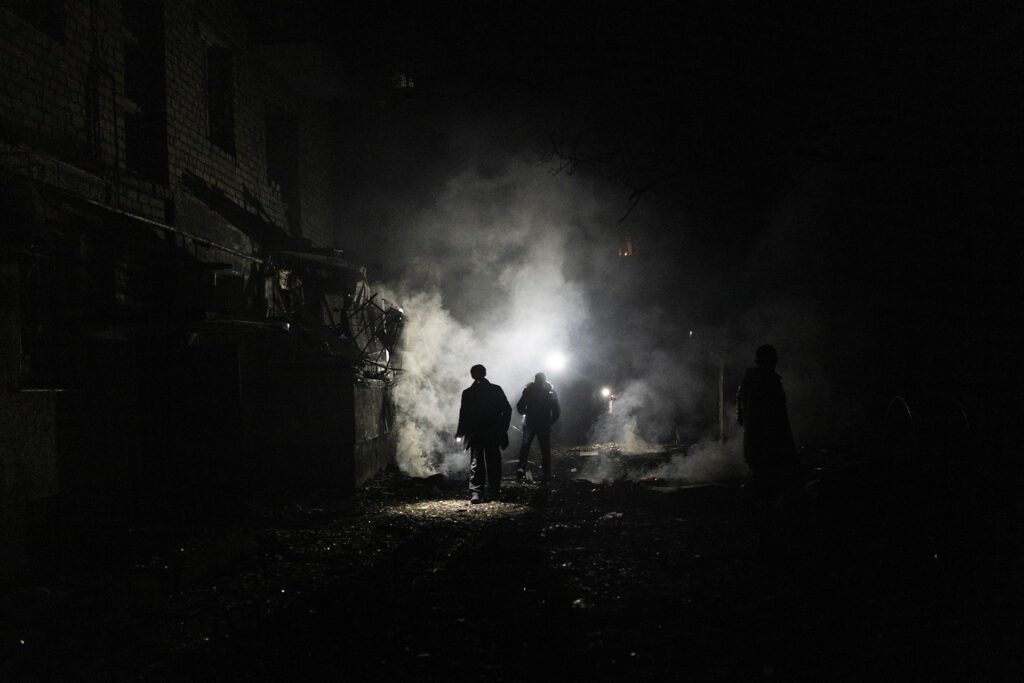In the world of military operations, fighting in darkness presents a unique set of challenges and opportunities. The cover of night can provide advantages such as stealth and surprise, but it also hinders visibility and communication. To effectively navigate these challenges, soldiers must employ specific strategies and tactics. Utilizing night vision technology, maintaining stealth and silence, coordinating communication, establishing clear objectives, and adapting to the environment are crucial for success in nighttime operations. By implementing these strategies, military forces can increase their chances of success and maintain the element of surprise when operating in the darkness.
Night Operations: Effective Strategies for Fighting in Darkness
Introduction
Night operations pose a unique set of challenges for military forces. The cover of darkness can provide an advantage for stealth and surprise, but it also hinders visibility and communication. In order to effectively conduct operations at night, soldiers must employ specific strategies and tactics.
Importance of Night Operations
Night operations are essential for military forces to maintain the element of surprise and to capitalize on the cover of darkness. In many cases, nighttime attacks can catch enemy forces off guard and disrupt their operations. Additionally, night operations are often conducted to minimize civilian casualties and collateral damage.
Strategies for Fighting in Darkness
1. Use Night Vision Technology
Night vision technology allows soldiers to see in low-light conditions, giving them a significant advantage in nighttime operations. Soldiers should be trained to use night vision devices effectively and should have access to the latest technology.
2. Maintain Stealth and Silence
Stealth and silence are crucial when conducting nighttime operations. Soldiers should move quietly and avoid using lights or making unnecessary noise. This will help to maintain the element of surprise and minimize the risk of detection by enemy forces.
3. Coordinate Communication
Communication can be challenging in darkness, so soldiers must establish clear communication protocols and use signals or infrared markers to convey information. It is essential for soldiers to be able to communicate effectively with their team members and commanders during nighttime operations.
4. Establish Clear Objectives
Before engaging in nighttime operations, soldiers must have clear objectives and a solid plan in place. This will help to ensure that the mission is carried out successfully and that all team members are on the same page.
5. Adapt to the Environment
Nighttime conditions can vary depending on the terrain and weather, so soldiers must be prepared to adapt to their environment. This may involve adjusting tactics and strategies on the fly in order to achieve the mission objectives.
Conclusion
Effective strategies for fighting in darkness are essential for military forces to successfully conduct nighttime operations. By utilizing night vision technology, maintaining stealth and silence, coordinating communication, establishing clear objectives, and adapting to the environment, soldiers can increase their chances of success in the cover of darkness.
